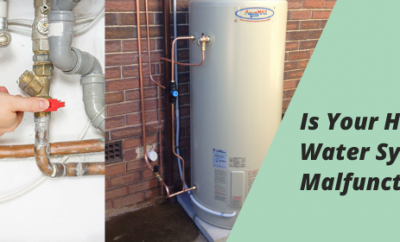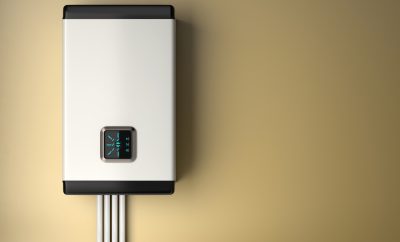
Different Types of Hot Water Systems Explained
Different Types of Hot Water Systems Explained
The modern Aussie home has more than one bathroom, meaning there is a greater demand for hot water than before. While you might be aware of the water use if you linger in the shower a little longer than necessary; one thing you might not be factoring in is the added electricity consumption. The energy used to heat water; for the average Australian home; is a surprisingly large percentage of your overall energy use. Because it’s all wrapped up in one utility bill; you might not put your hot water system and high energy costs together. Different types of hot water systems provide greater energy efficiency; and can drastically change how much you spend on electricity each year. This blog covers the four different types and how they work. Different types of hot water systems explained here.
4 Types of Hot Water Heaters
With so much emphasis on economic energy appliances; not just to cut down home costs, but also to cut down on the use of unsustainable natural resources. Now is the perfect time to research different types of hot water systems and the benefits you can see in your home by switching over. You’ll need a licensed plumber to help install your new hot water system.
1. Electric Heaters
The traditional electric hot water tank system is the cheapest to buy outright; but the most expensive to run; causing many homeowners to question if it’s still the best option for their home. When well cared for and maintained with regular serving, it provides incredible reliability and durability. It’s important to look at the ongoing running costs and energy efficiency of your current system; to see if an upgrade or change might help with reducing carbon emissions as well as your energy bills.
2. Solar Heaters
A dedicated solar hot water system uses a sun collection panel to heat water directly; rather than transferring sun energy into electricity to heat a water tank. Water is run through the panels to be heated by the sun, collected in a tank, and kept warm until you need it. This makes solar hot water more efficient and effective than solar panels alone. Solar hot water doesn’t require much roof space and can function on less light than solar PV; meaning you can get reliable hot water for long periods and in more weather conditions.
3. Gas Heaters
Gas hot water systems are compact and energy efficient; not only because natural gas is cheaper than electricity; but also because they can supply continuous energy more efficiently than the standard hot water tanks that need to be kept at temperature even if you are not using it. Continuous gas systems use a dedicated chain of flames to heat the water inside the pipes making them compact and suitable for any sized home. Hot water used in this way never runs out, as it heats the water you are using when you use it, for as long as it is needed.
4. Heat Pump Heaters
Heat pumps are different from solar in that they use a chemical refrigerant inside a compressed chamber to heat water rapidly, even at lower temperatures. The pump absorbs heat from the area surrounding it and uses it to transfer a gas that expands and creates enough heat for your hot water needs. The majority of energy is supplied from the environment for free, with just a small amount of electricity used to run the compressor and fan that expels the used air. Heat pump setups are very similar to electric tank systems so it is cost-effective and easy to swap to a greener heat pump solution.
If you have an electric hot water heater and are looking for a change, current government incentives are targeting heat pumps, making it free (or just about free) to make the change in a number of states. You can also ask about rebates for solar as well as get help crunching the numbers to see how soon a new system will be able to pay for itself. so ask about current offers and the right fit for your home.













